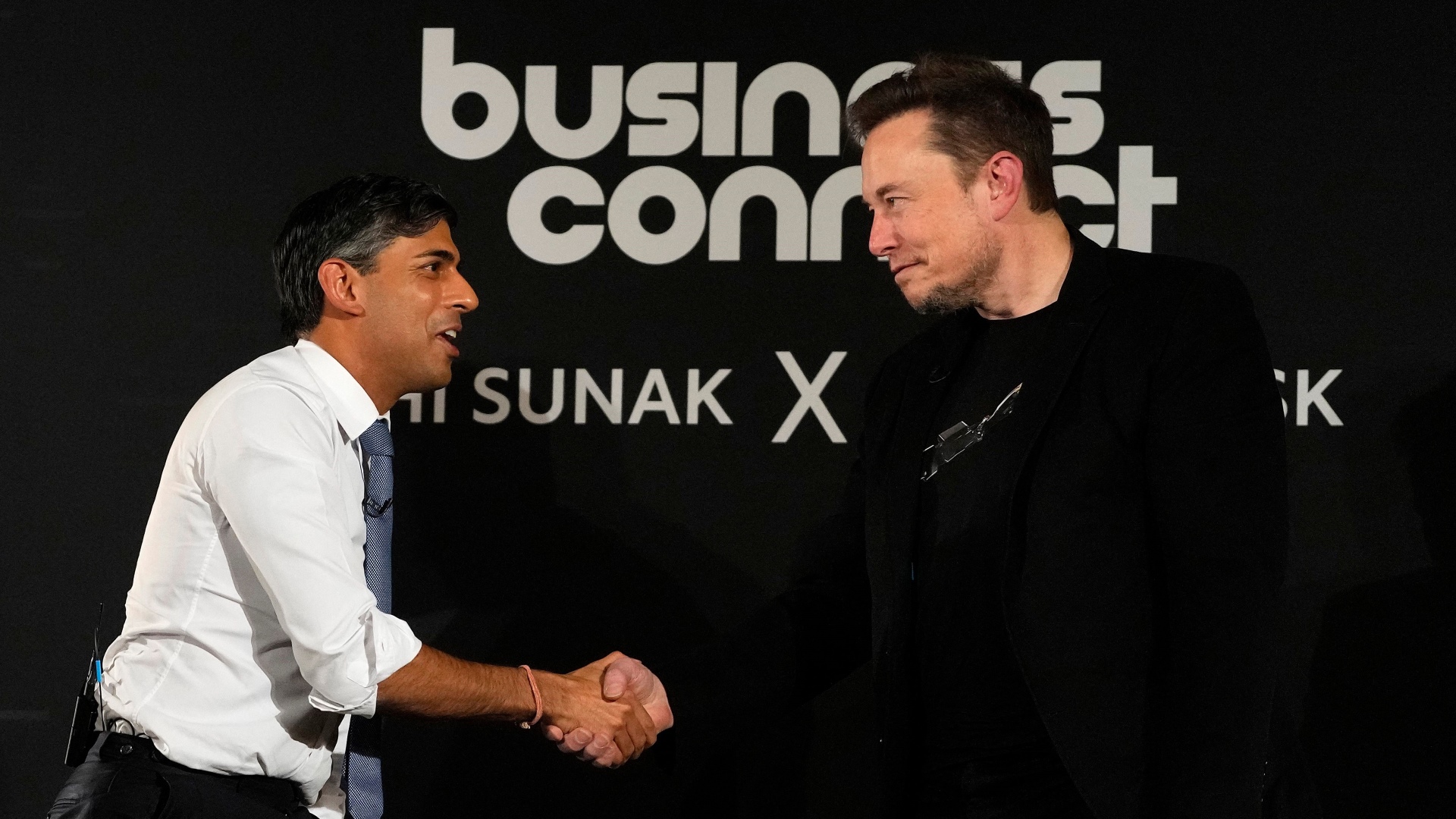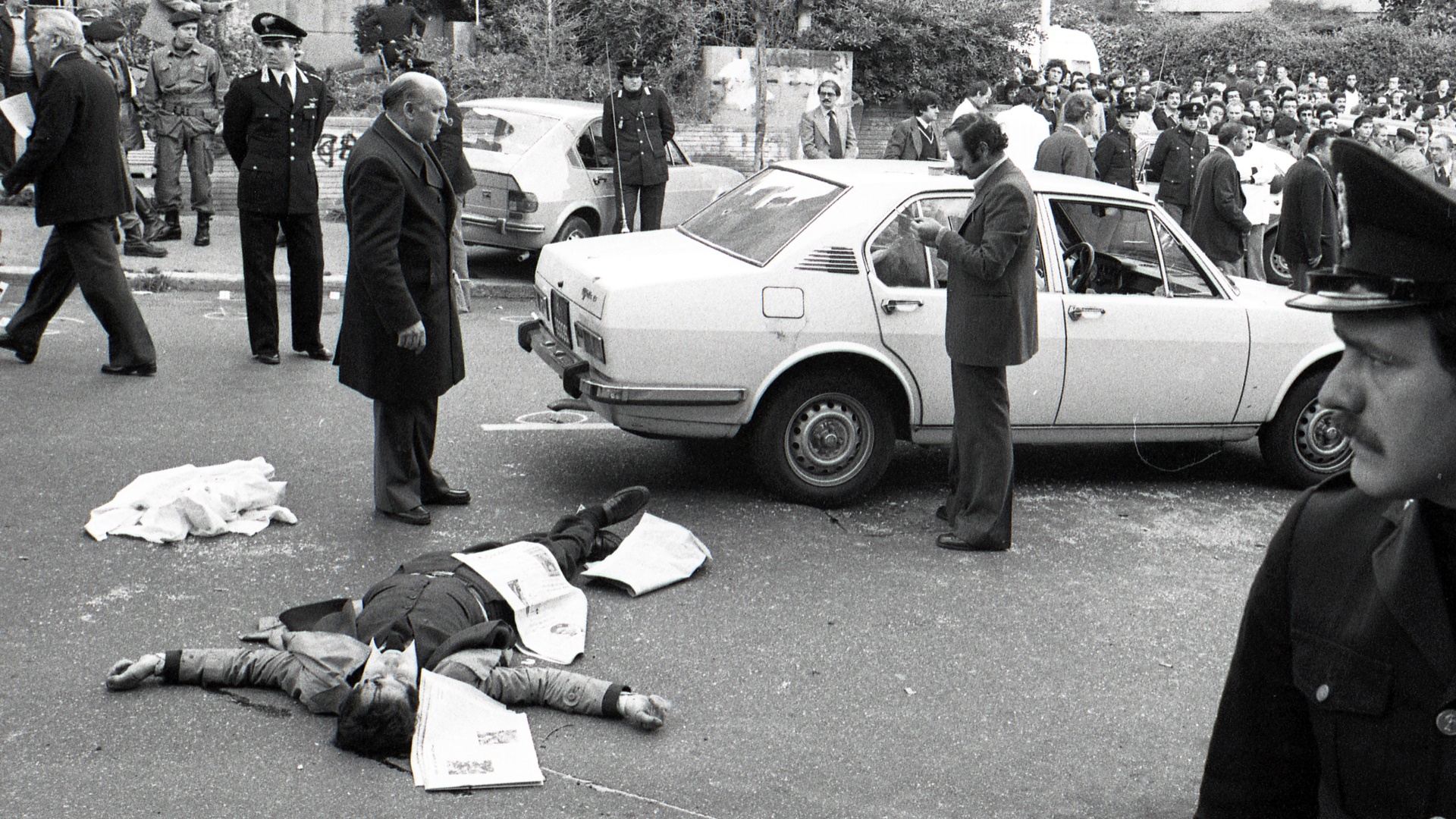Excellent piece on Rishi Sunak by Matthew d’Ancona (“Sunakered”, TNE #362), but seeing Sunak as a helpless, nostalgic Thatcherite underestimates him. He is actually the political avatar of the radical, right wing tech billionaires of Silicon Valley and Bangalore.
They sponsor a new Conservatism that blends “cultural security” and immigration controls with that old Reaganite creed: low tax, lower regulation and very small government.
They are also climate change sceptics, only prepared to manage the climate with technology – never by regulation or lifestyle changes. So the truth is more disturbing than any cynical opportunism. Sunak really believes this stuff. It may not win him the next election, but it will be part of Anglo-American politics for decades to come – long after Sunak has gone back to California.
Robert Dear
Enfield, Greater London
Flagging UK
In “How they broke Britain” (TNE #362), James O’Brien describes the damage the Tories have done to the UK in setting it “on a course of unnecessary domestic decline and international diminishment” – escaping much of the opprobrium they deserve by blaming others such as immigrants for their incompetence.
It’s particularly galling that the Tories wrap themselves in the union flag while having no qualms in putting party before country and indeed, on climate change, before the world. The flag ought to be displayed upside down to signal our distress and, also, at half-mast to mark a Britain now in mourning over the demise of good governance.
Roger Hinds
Dirty business
Given evidence coming out of the Covid inquiry of the sheer incompetence of Boris Johnson, why anyone – even GB News – would pay to listen to the thoughts of this inadequate is beyond me (Patience Wheatcroft/Mandrake, TNE #362).
But more puzzling is the fact that businesses are paying millions for speeches by Johnson. What can they possibly expect to learn that would aid their businesses? As consumers, can we be told about which companies are hiring him so we can be vigilant and cautious in our dealings with them?
John Simpson
Ross on Wye, Herefordshire
Dead money
I support Jonty Bloom’s contention in TNE #362 that inheritance tax is fair – indeed I would say it is morally justified. My house has increased in value by a factor of 50 and all I have done to deserve this increase in wealth is to live in it (albeit with some minor maintenance and improvements).
I would, however, question the oft-quoted figure that only 4% of the population pay IHT. This may have been true in the past, but currently about 65% of households are owner-occupiers. The age distribution is heavily skewed towards the upper age groups and these groups are facing the near prospect of the grim reaper.
Therefore the proportion of people who will be affected by IHT is bound to increase rapidly. Making a false argument that “it won’t affect you” because only 4% pay it is not a way to win the debate, because many know that they will be affected (even though they will be dead, of course).
Doug Edwards
Withington, Greater Manchester
Neigh sayer
“A dish that packs a Suffolk punch” says a recipe photo caption, (TNE #362). Hardly appetising, as it implies the dish would be horsemeat – a Suffolk Punch is a fine draught horse.
John Young
Usk, Monmouthshire
Parallel lives
In “Britain has always been multicultural, it’s the only way to keep it running” (TNE #362), Matthew d’Ancona quotes Suella Braverman claiming that multiculturalism has failed “because it has allowed people to come to our society and live parallel lives in it”. Would those people include those devout Jewish communities who live in virtual isolation, or the ultra-wealthy, as represented by private-jet-setting Rishi Sunak?
Michael Rosenthal
Sea change
Matthew d’Ancona wrote that the chant “from the river to the sea!” was “a battle cry which, if enacted, would mean the annihilation of Israel” (TNE #362). That is certainly one possibility, and might well be what Hamas has in mind. But yet in the particular case it would depend on what exactly was being called for.
If it was a call, as the Labour MP Andy McDonald’s was, for “all people, Israelis and Palestinians, between the river and the sea [to] live in peaceful liberty” it would evidently have a very different meaning.
Again, if it had behind it the policy declared in Benjamin Netanyahu’s Likud Party’s founding charter, that “between the sea and the Jordan there will only be Israeli sovereignty”, then it would mean the annihilation of Palestine, a policy rather nearer to being enacted than the one Matthew d’Ancona fears.
David Moody
In TNE #361, Matthew d’Ancona wrote: “The world changed on October 7; just as it did on 9/11.” It didn’t. Gaza is still corralled by a six-metre fence. Israel still has control over whether the Palestinians have food and fuel.
Would the Hamas attack have happened if Palestinians had their own state? Would millions around the world have been marching in support of Palestinians if they didn’t feel Israel was overreacting? We need a proper ceasefire and a strategic answer from the world.
Keith Tunstall
Nigel Warburton’s Everyday Philosophy is always interesting, but with his words about the Israeli/Palestinian conflict (TNE #361 and #362) he has excelled himself.
Terry Weldon
Shit listers
Further to the correspondence about the Shit List (TNE #361), my only quibble is the omission of Jeremy Corbyn. His equivocation on Brexit, inappropriate response to the Salisbury poisoning and total mismanagement of antisemitism with the Labour Party undoubtedly helped to facilitate the electoral success of right wing populism.
This has diminished the standing of the UK globally and continues to cause untold damage to the country in so many areas, including local authority finances being under unprecedented strain, Covid contract cronyism, water companies being able to dump sewage with impunity, unsafe school buildings and record NHS waiting lists.
Simon Mostyn
For ignoring international humanitarian law and backing Israel, who denied the people of Gaza food, water and electricity, the former human rights lawyer Sir Keir Starmer deserves a place on your next Shit List.
Chaz Stoll
West Midlands
When it comes to the crunch, Sir Keir Starmer thinks more about the fortunes of Labour in the next general election than he does about making the correct moral choice. Hence, his abject failure to renounce Brexit, and his moral cowardice in not calling for a ceasefire in Gaza.
Chris Fitzpatrick
Dublin, Ireland
I thought I needed an eye test when I couldn’t find Dominic Cummings in the top 50 Shit List.
David Beake
Sheringham, Norfolk
Power hungry
Simon Barnes (“A gap at the heart of the Tory Party”, TNE #361) highlights the problem of those for whom power is the point.
As Barnes graphically puts it: “The priority of the Conservative Party is not to fix the country, but to keep their hands on the chainsaw.” Just like Netanyahu and Hamas.
Barnes acknowledges that “using a chainsaw is the most enormous thrill, but it’s possible that thrill-seekers aren’t the right people to govern a country.” It should also be noted that bland managerialists (such as Sunak and Starmer) share this preoccupation and obsession with power as order and control with fundamentalists and fascists. This makes them compliant with the discourse and execution of war, and thereby no less a threat to participatory democracy, multicultural society and peaceful co-existence.
Val Walsh
Crosby, Merseyside
Northern soul
I’ve just subscribed, and the first article I read was by Jonty Bloom about the economic effects of working from home (“The death of the office”, TNE #361). Halfway in here is a passing reference to “the rest of the country” and a few other big cities, but mostly it concentrates on London.
A bit less focus on how hard it is for London might reveal that it is good for other parts of the country to get a chance at hosting well-paid jobs. More jobs in the regions might even lead to half-decent public transport somewhere other than the capital.
Here in Kendal, the town suffered greatly when two big employers centralised work in bigger cities. It has never recovered.
Miles Taylor
Down under
Re: Jay Elwes’s interview with Max Hastings (TNE #360), and his historian friend’s remark, “Such a pity about victory in the Falklands, wasn’t it?”
A friend of my parents was present at the Admiralty when the Argentinians invaded the Falklands. They say that all hell broke loose. Where exactly were the Falklands on the huge map of the world that covered the wall?
“Down the bottom somewhere,” was the answer. “I can’t see them,” came the reply. They had to send for a crowbar to jemmy off the skirting board to reveal the islands we were about to go to war over.
Jane Swan
Delabole, Cornwall
House proud?
Re: James Ball’s “Let’s bulldoze Westminster” (TNE #359). We need a non-confrontational forum. I originally thought that gutting the interior but keeping the facade, like Berlin’s Reichstag, was the answer, but that would be expensive.
What is required is to settle on a single desired solution and then to stick with it for the long term. If not, nothing will happen, as with the Lords reforms.
David Barnes
Now and then
There has been much fuss recently about a reworking by his ex-colleagues of a cassette recording made by a British man in New York in 1977.
Coincidentally, I have just been reading the text of a speech made by a British woman in Italy in 1977. I was particularly struck by these passages:
“Some people are beginning to have doubts about the European idea in practice. At home, there are those, some of them politicians, who blame the Community for all our problems. Others, a small but vociferous minority, would have Britain pull out…
“Inevitably from time to time there will be differences of emphasis and even clashes of interest between member countries. But compared with the interests we have in common, the differences which divide us shrink into insignificance. They must not be allowed to rob us of the prize which could be won by more effective common action – a new upsurge of European vitality…
“The challenge for the next generation is to use the growing authority that will come from the greater unity of Europe to span the gaps between races and continents, between the rich and the poor, between the free and the unfree.”
The speaker was Margaret Thatcher. If the modern Tory Party were to remix this speech it might even be a chart-topper.
Winston O’Boogie
Pepperland



